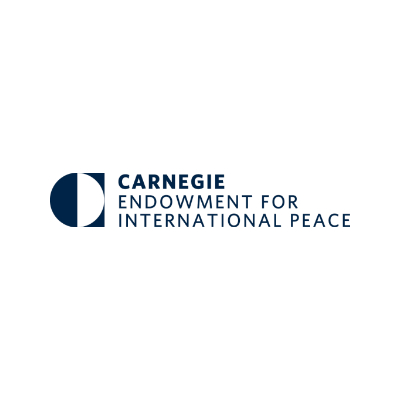 Carnegie Endowment for International Peace Article Rating
Carnegie Endowment for International Peace Article RatingHow Has China's Belt and Road Initiative Impacted Southeast Asian Countries?
- Bias Rating
-12% Somewhat Liberal
- Reliability
80% ReliableGood
- Policy Leaning
26% Somewhat Conservative
- Politician Portrayal
N/A
Continue For Free
Create your free account to see the in-depth bias analytics and more.
Continue
Continue
By creating an account, you agree to our Terms and Privacy Policy, and subscribe to email updates. Already a member: Log inBias Score Analysis
The A.I. bias rating includes policy and politician portrayal leanings based on the author’s tone found in the article using machine learning. Bias scores are on a scale of -100% to 100% with higher negative scores being more liberal and higher positive scores being more conservative, and 0% being neutral.
Sentiments
25% Positive
- Liberal
- Conservative
| Sentence | Sentiment | Bias |
|---|---|---|
Unlock this feature by upgrading to the Pro plan. | ||
Reliability Score Analysis
Policy Leaning Analysis
Politician Portrayal Analysis
Bias Meter
Extremely
Liberal
Very
Liberal
Moderately
Liberal
Somewhat Liberal
Center
Somewhat Conservative
Moderately
Conservative
Very
Conservative
Extremely
Conservative
-100%
Liberal
100%
Conservative

Contributing sentiments towards policy:
51% : It is also worth noting these following distinctions in Vietnam's official statements: (i) BRI is usually mentioned alongside the "Two Corridors, One Belt" (TCOB) framework proposed by Vietnam in 2004 (before BRI) and TCOB was cited in the 2017 MOU as a standalone initiative; (ii) some use the term "China's ODA" or "China's loans" instead of BRI; (iii) many highlight the need to make BRI high-quality, low-risk, serving regional common interests, and adhering to international law.50% : While IKN is crucial for Indonesia's development, it raises concerns about overreliance on Beijing's investment and potential anti-Chinese sentiments in Indonesia.
49% : Such incidents highlight the necessity for both governments to closely monitor these projects and foster an atmosphere that prioritizes the safety and well-being of workers to prevent future incidents.
48% : But there were also concerns over land rights, regulatory frameworks for joint ventures, labor rights and employment practices, public consultation, transparency and communication, community investment, as well as language and cultural issues.
46% : On the other hand, some cite economic problems such as slow progress, higher financial costs than expected, and non-transparent bidding processes.
43% : The Myanmar public was concerned about environmental damage, land seizures, and forced relocations and the paucity of public consultations.
*Our bias meter rating uses data science including sentiment analysis, machine learning and our proprietary algorithm for determining biases in news articles. Bias scores are on a scale of -100% to 100% with higher negative scores being more liberal and higher positive scores being more conservative, and 0% being neutral. The rating is an independent analysis and is not affiliated nor sponsored by the news source or any other organization.





















